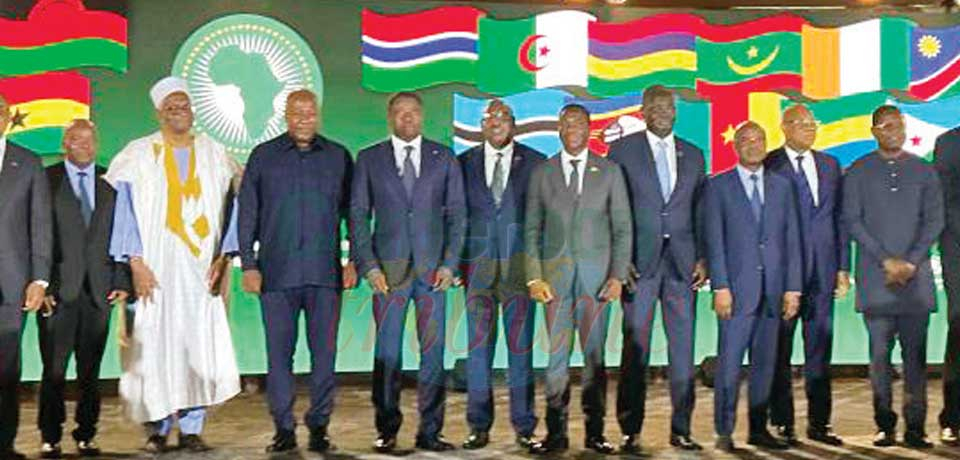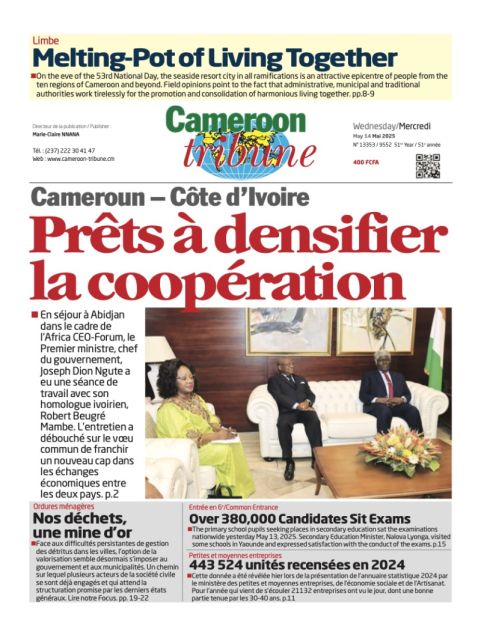Dialogue Is The Key
- Par Eldickson Agbortogo
- 08 juil. 2022 12:10
- 0 Likes
When news of the holding of high level talks between Libya’s rival leaders in Geneva was made public, many were of the opinion that something good would come out of the meeting. Hellas! After two days of serious discussions, nothing significant emerged. Though according to the United Nations, the two chambers did reached unprecedented consensus on a number of long-standing issues, like the designation of the headquarters and distribution of seats for the two chambers of the legislative authority, the division of responsibilities among the President, the Prime Minister, the cabinet and the local government, and a revenue allocation mechanism for the different levels of government, disagreement persists on the eligibility requirements for candidates to stand for the presidential elections.
As the two rival groups throughout the talks stayed fixed on their positions, so too was the situation on the streets boiling. This time around not because of shooting but because of the growing street pressure. Last week protesters stormed the two Parliaments as anger exploded over deteriorating living conditions and political deadlock. Libya a country that fed many other countries in the continent and beyond is now not only in abject poverty, but in turmoil and sweltering heat endured from power cuts of up to 18 hours a day, fuel shortages, and crumbling services and infrastructure. The recent streets protests during which Libyans of all walks of life stormed the two seats in both the eastern city of Benghazi and the capital Tripoli, demanding better living conditions are signs that things might go off hand if the different stakeholders continue to put personal interest ahead of that the population.
After the failure of talks that were described by the United Nations special envoy to Libya Stephanie Williams as, “final courageous effort”, it is absolutely vital that the different leaders ...
Cet article complet est réservé aux abonnés
Déjà abonné ? Identifiez-vous >
Accédez en illimité à Cameroon Tribune Digital à partir de 26250 FCFA
Je M'abonne1 minute suffit pour vous abonner à Cameroon Tribune Digital !
- Votre numéro spécial cameroon-tribune en version numérique
- Des encarts
- Des appels d'offres exclusives
- D'avant-première (accès 24h avant la publication)
- Des éditions consultables sur tous supports (smartphone, tablettes, PC)














Commentaires